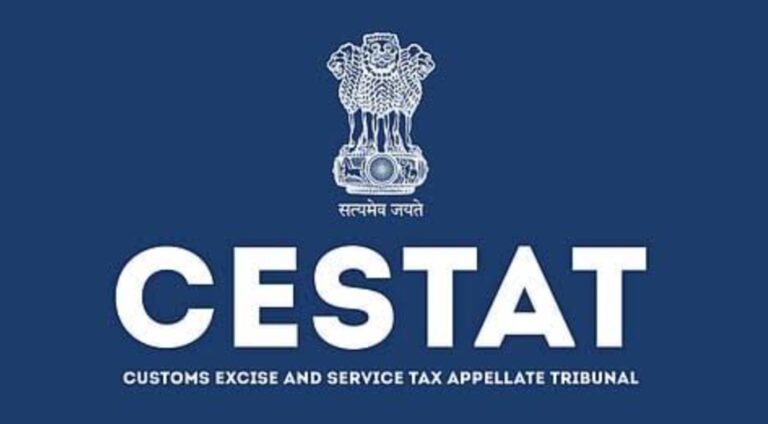In a significant ruling, the Chennai Bench of the Customs, Excise, and Service Tax Appellate Tribunal (CESTAT) has held that the non-obstante clause in Section 142(5) of the CGST Act, 2017 cannot override the limitation period prescribed under Section 11B of the Central Excise Act, 1944.
The case involved Mahindra Holidays & Resorts India Ltd. (MHR), which had filed refund claims for service tax paid on cancelled membership fees and related charges from the pre-GST regime. The company sought refund under Section 11B(2) of the Central Excise Act read with Section 142(5) of the CGST Act.
However, the tax department rejected the claims as being time-barred, stating that they were filed beyond the one-year limitation period under Section 11B. Mahindra Holidays argued that the “notwithstanding” clause in Section 142(5) should allow the refund claim to bypass the limitation barrier.
⚖️ Tribunal’s Findings
The CESTAT disagreed with the assessee and upheld the rejection of the refund claims, emphasizing that Section 142(5) cannot be read in isolation.
The Tribunal clarified that:
- Section 142(5) refers to refund claims arising from the existing law, i.e., the Central Excise Act or the Finance Act (Service Tax provisions).
- The term “existing law” naturally carries with it all conditions, procedures, and limitations applicable under that law — including Section 11B’s one-year limit.
- The non-obstante clause in Section 142(5) merely ensures that refund claims under the old regime are processed under the CGST framework; it does not nullify the limitation period prescribed under the earlier statute.
The Tribunal added that a non-obstante clause must be interpreted narrowly. It does not automatically override every other provision unless there is a direct inconsistency between the two statutes. Since no such conflict existed here, the limitation under Section 11B remained fully applicable.
📚 Key Takeaways
- Limitation still applies
Refund claims linked to the pre-GST regime must adhere to the one-year limitation under Section 11B, even if they are filed under the transitional provisions of the CGST Act. - Non-obstante clause is not absolute
Merely having a “notwithstanding anything contained” clause does not exempt claimants from procedural requirements of the existing law unless the new law expressly overrides them. - Transitional provisions must be read harmoniously
Section 142(5) of the CGST Act aims to facilitate continuity in refund processing during the GST transition — not to grant fresh substantive rights or new limitation periods. - Practical insight for taxpayers
Businesses seeking refunds of pre-GST service tax or excise duty must ensure their claims are filed within the original time limit. Filing late under the CGST framework will not revive a lapsed right.
🧩 Commentary
This decision reinforces a consistent judicial trend: transitional provisions under the CGST Act do not dilute or override limitation clauses from earlier tax laws unless explicitly stated. The ruling serves as a reminder that non-obstante clauses are not magic wands — they must be interpreted contextually, keeping legislative intent in view.
For taxpayers and consultants handling legacy refund claims, the message is clear — time-barred claims remain barred, even under the CGST regime.
Citation: Mahindra Holidays & Resorts India Ltd. v. Commissioner of GST & Central Excise, Chennai — CESTAT Chennai | Service Tax Appeal Nos. 40011–40014 of 2021 | Decided on 07 November 2025.
